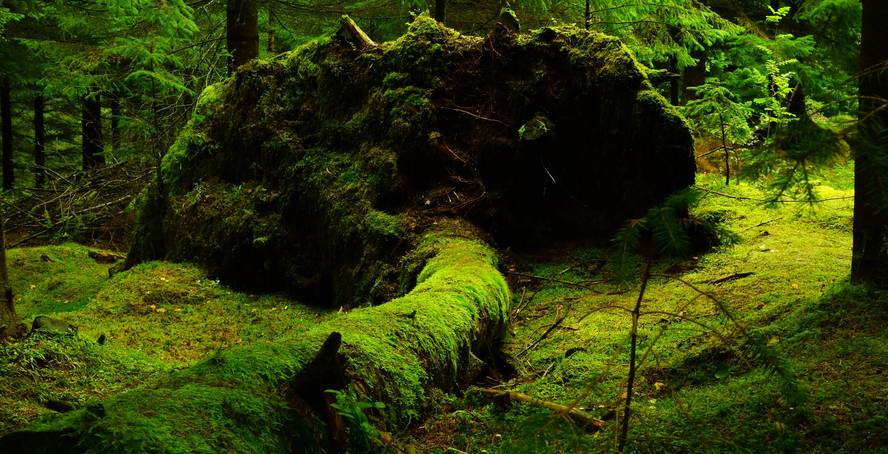Create the world's first comprehensive ecosystem catalogue
The International Union for Conservation of Nature (IUCN) has created the first comprehensive system of classification and mapping of all terrestrial ecosystems. Called Global Ecosystem Typology, it is based on the composition and functions of ecosystems. According to the researchers, the pressure generated by human life makes many ecosystems in the world in serious danger of collapse and have serious consequences on the survival of species, genetic diversity, ecosystem services and human well-being. Thus, the aim of the catalogue is to influence new models of ecosystem management, enabling more coordinated and effective management approaches.
The catalogue defines the most important biophysical characteristics of the 108 types of ecosystems present in oceans, freshwater and land. It also includes human-molded ecosystems such as farmland and dams, extensive wild forests, deserts, deep ocean ditches and underground buried ecosystems and ice sheets.
The grouping of similar ecosystems by characteristics and functions reveals possible hidden patterns otherwise. For example, it will help identify which type of forests, chants and wetlands are most critical for biodiversity conservation and ecosystem service delivery. And understanding the common risks facing similar ecosystems helps to develop ways to protect these risks. Thus, although the management of ecosystems must be local, the catalogue will serve to know and reflect on the measures that have been adopted in any country of the world, to the extent that it can contribute to some extent to this local management.
The IUCN has published an interactive website that goes beyond researchers so that anyone can know the diversity and typology of the world's ecosystems. On the web you can consult the different types of ecosystems that appear on the planet.






